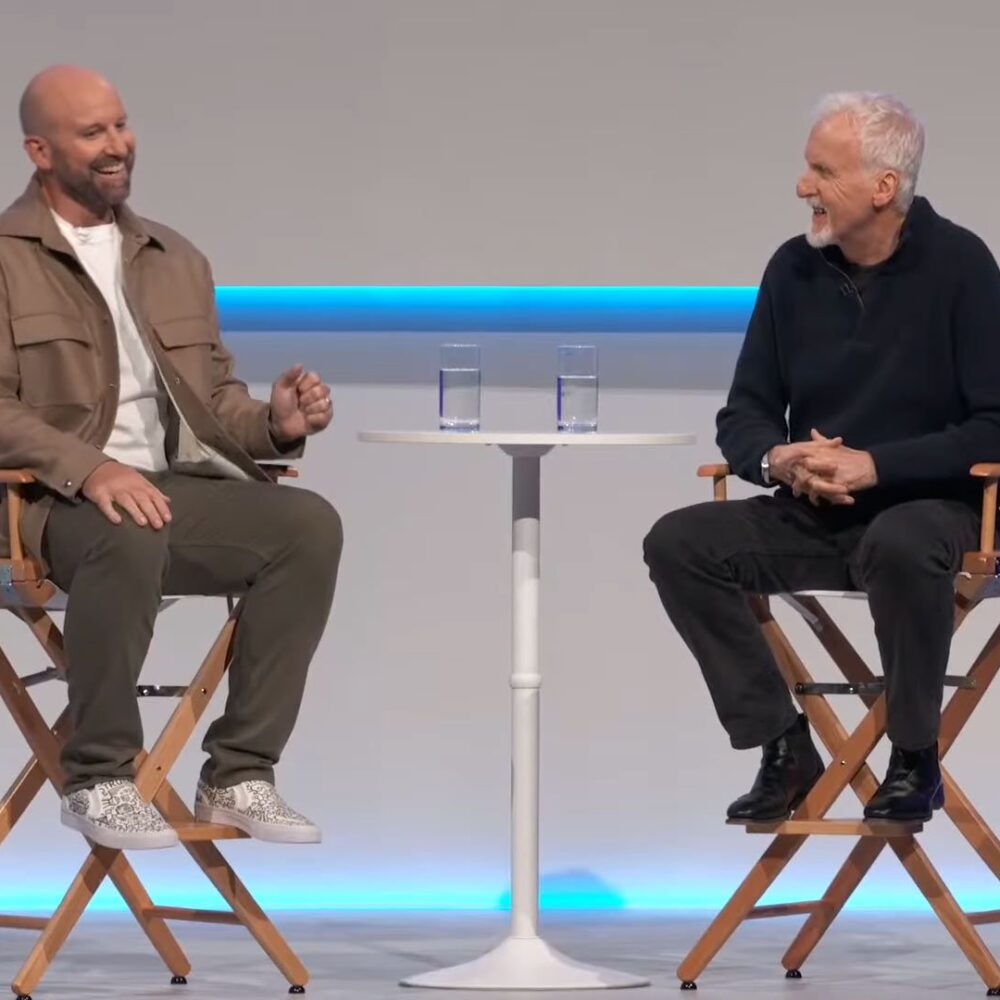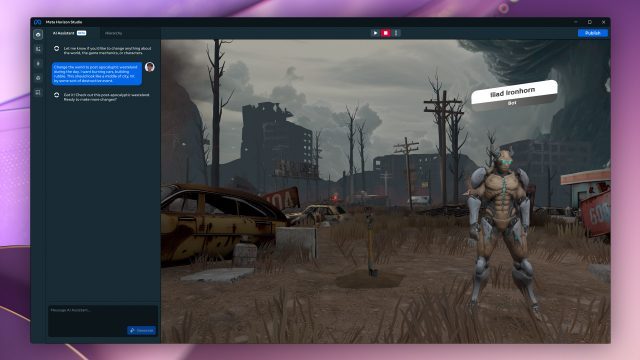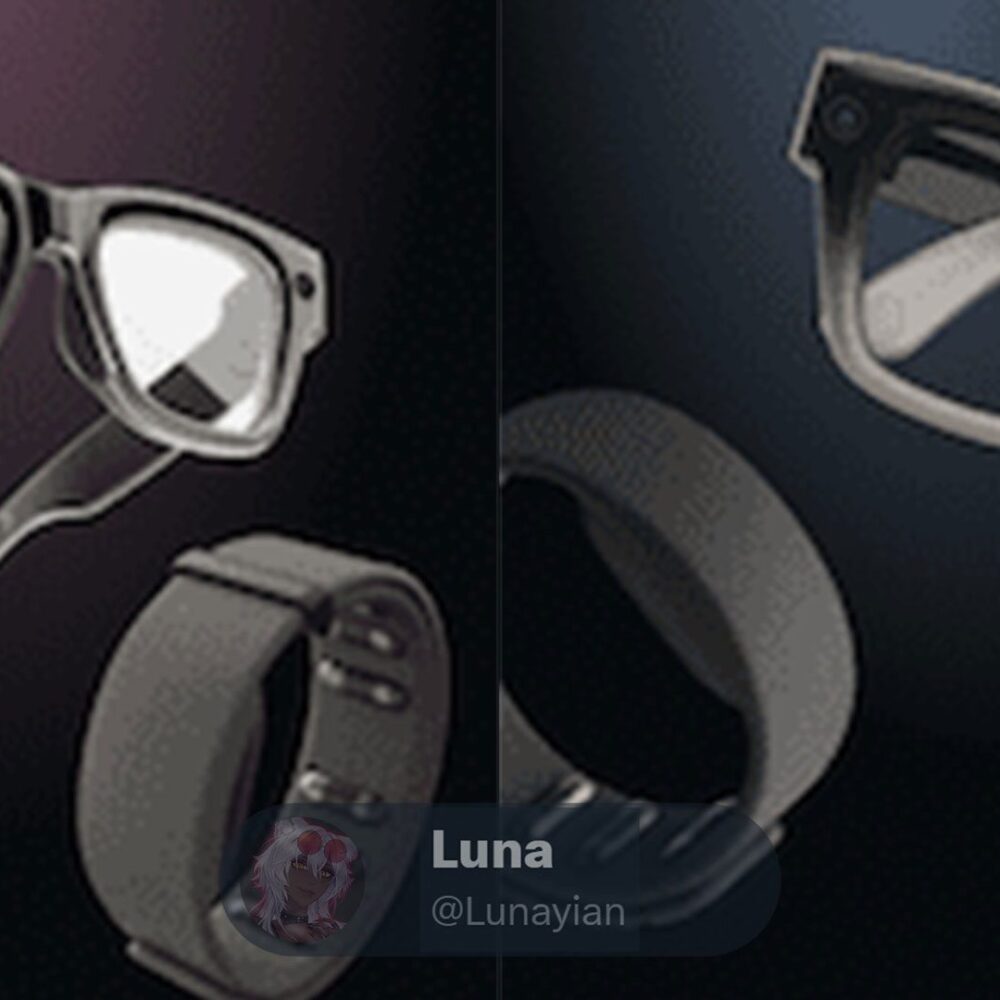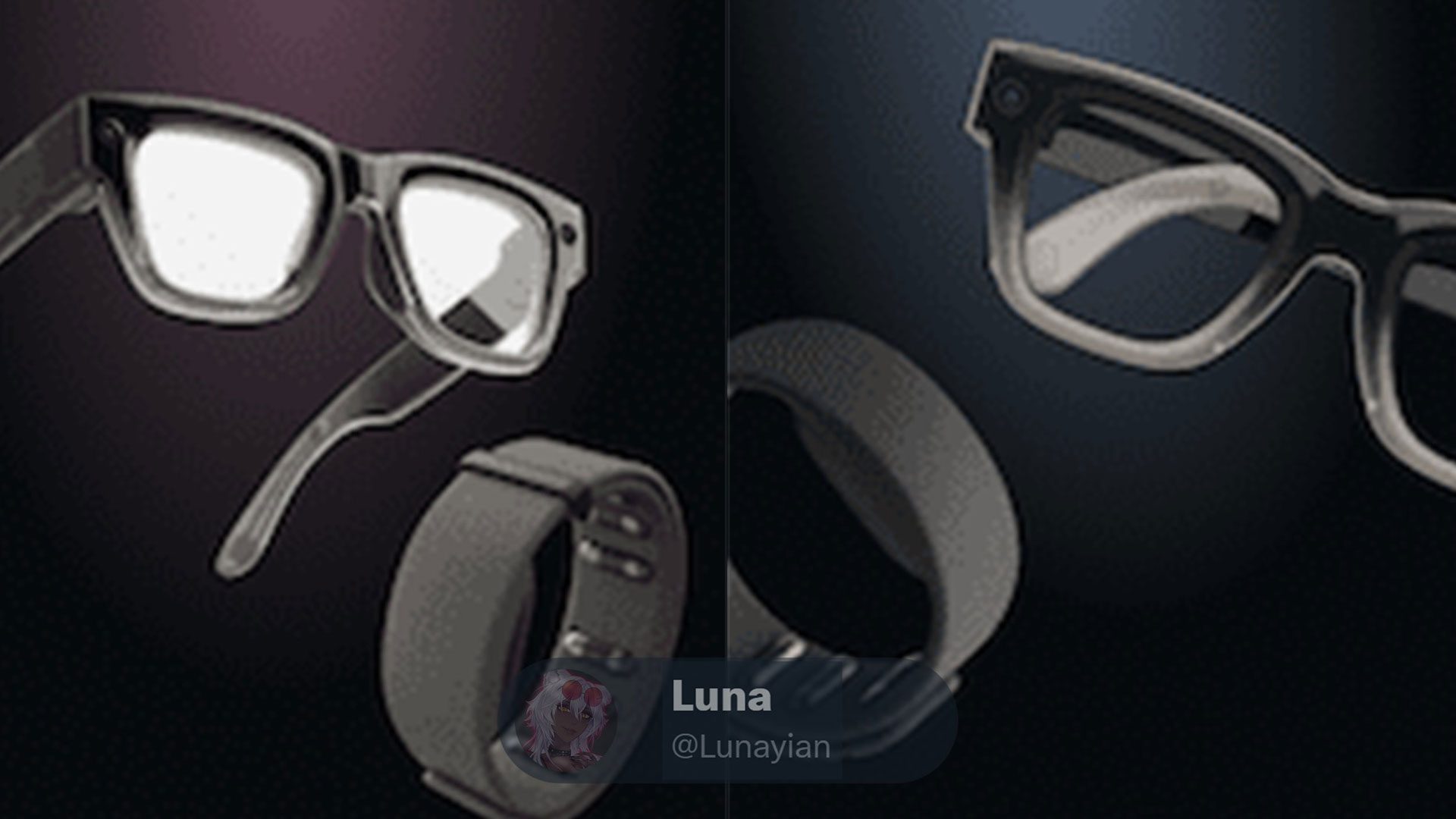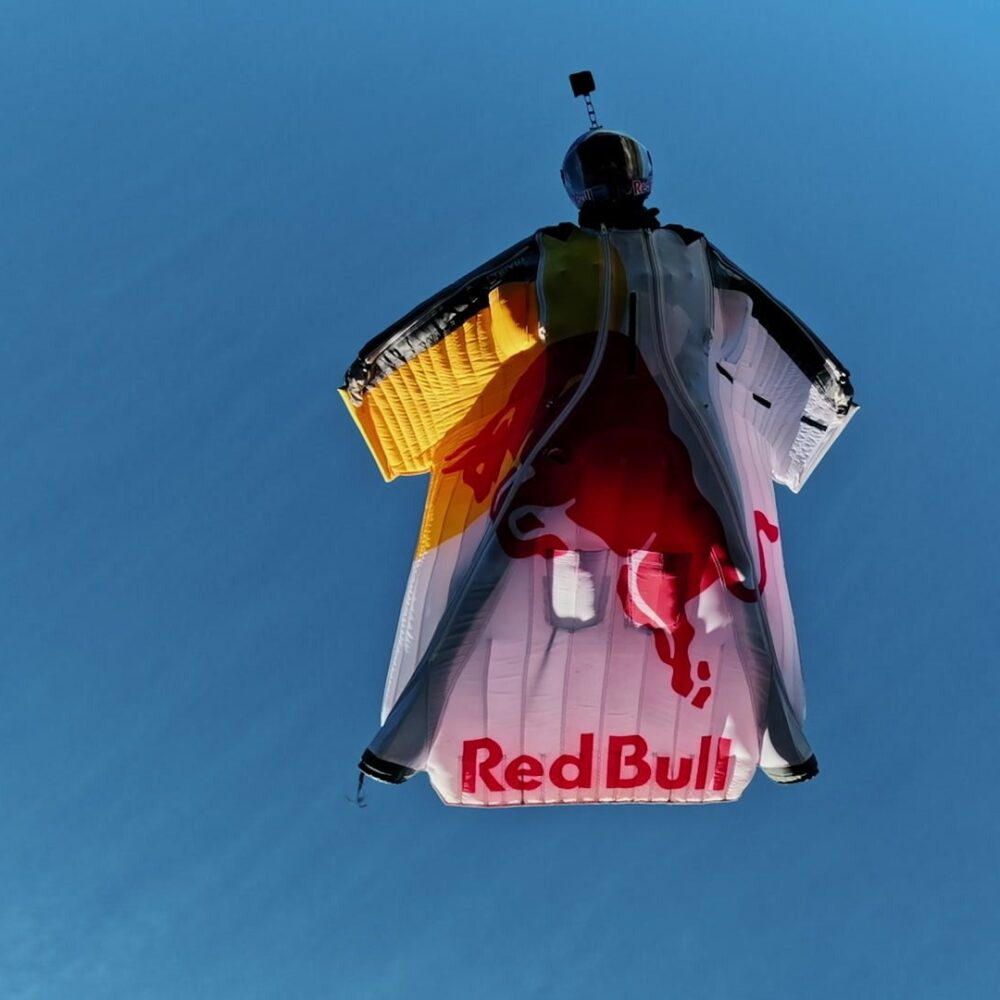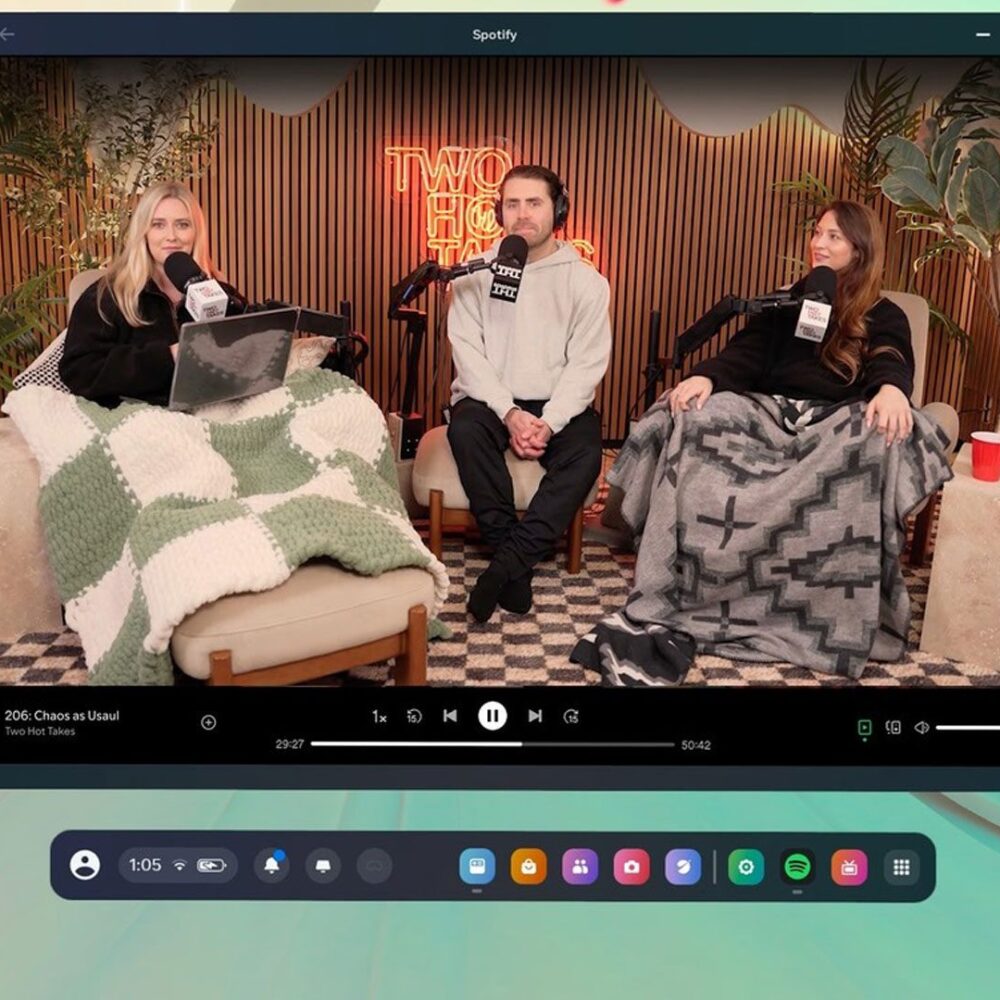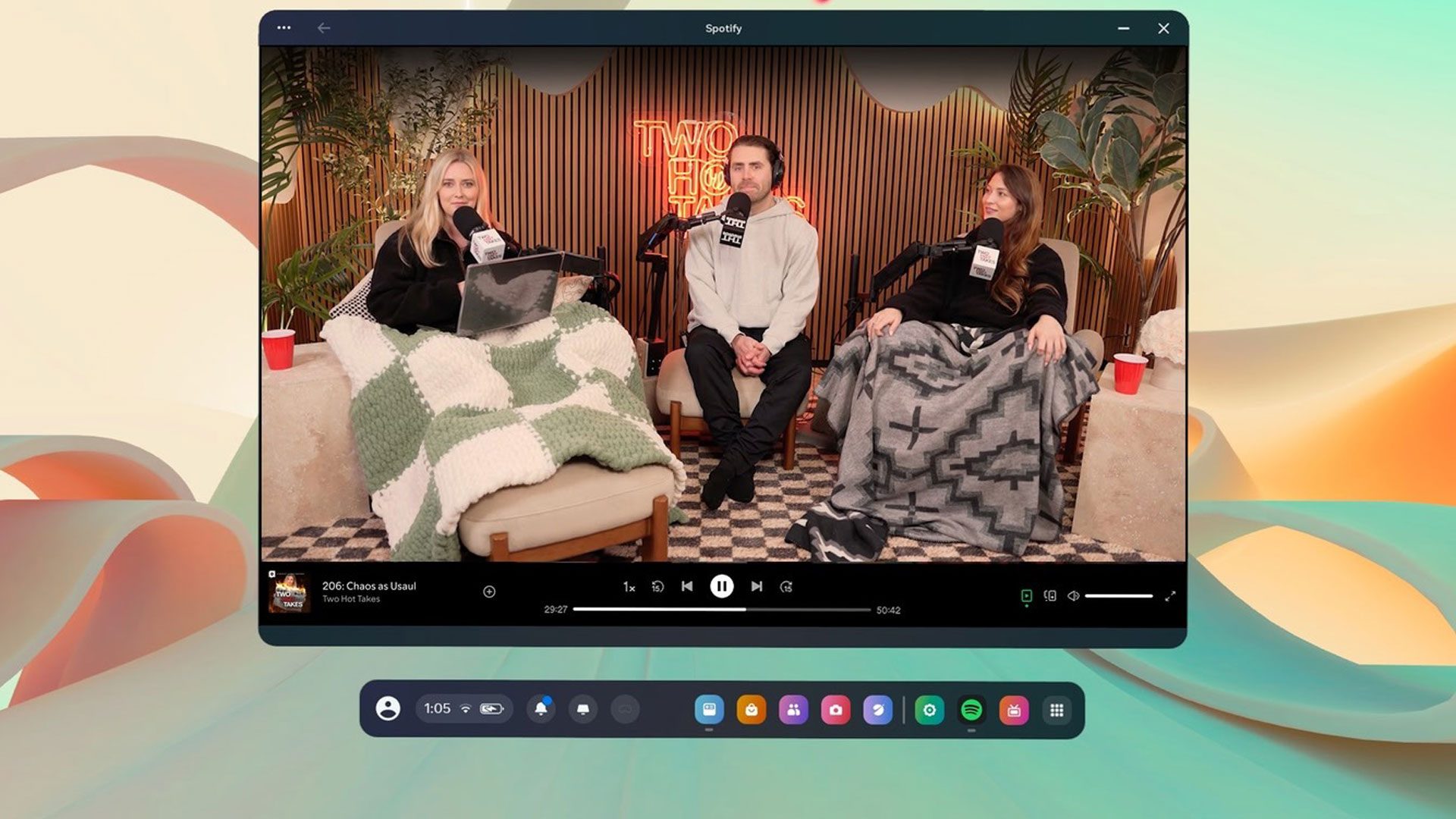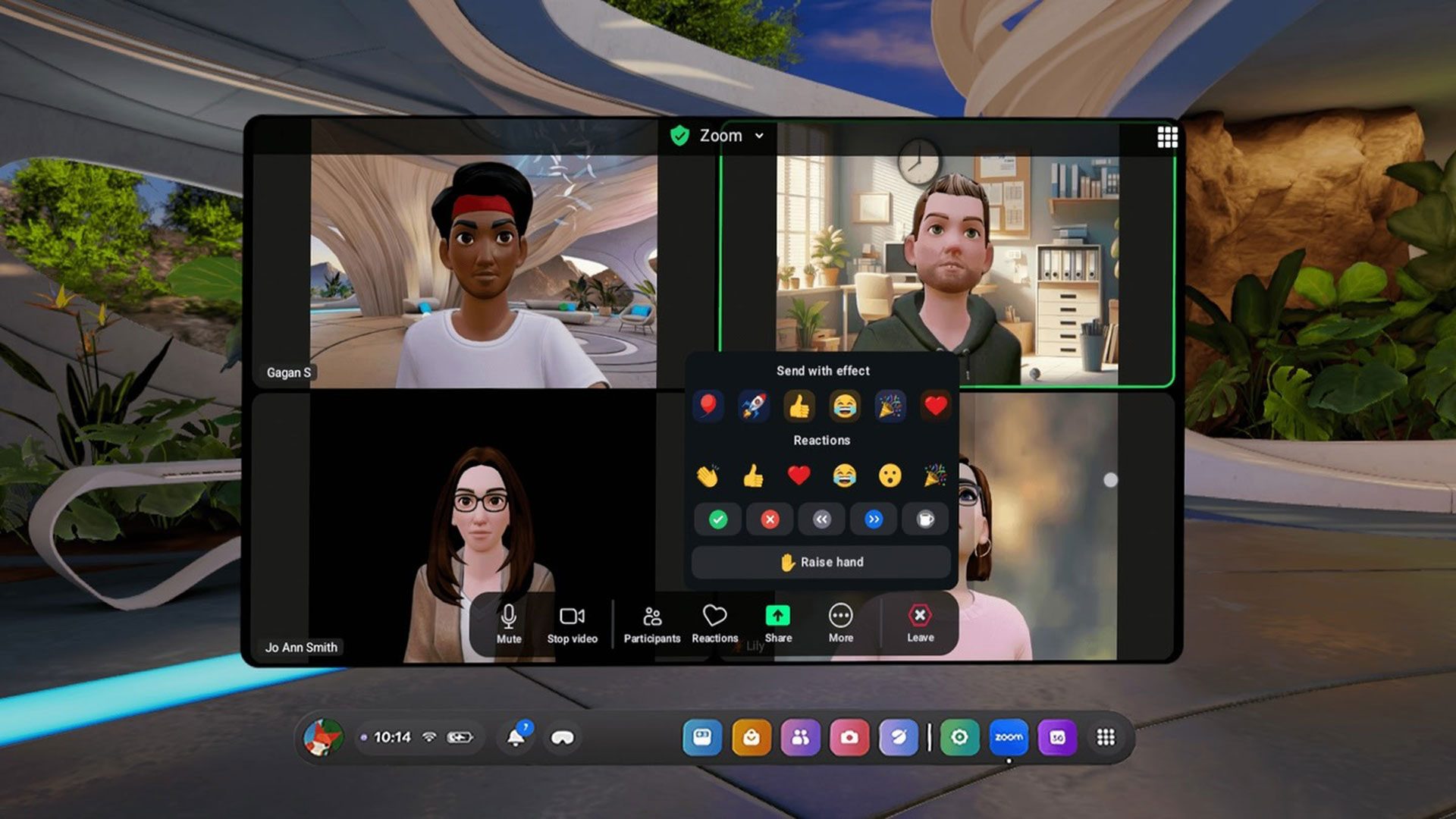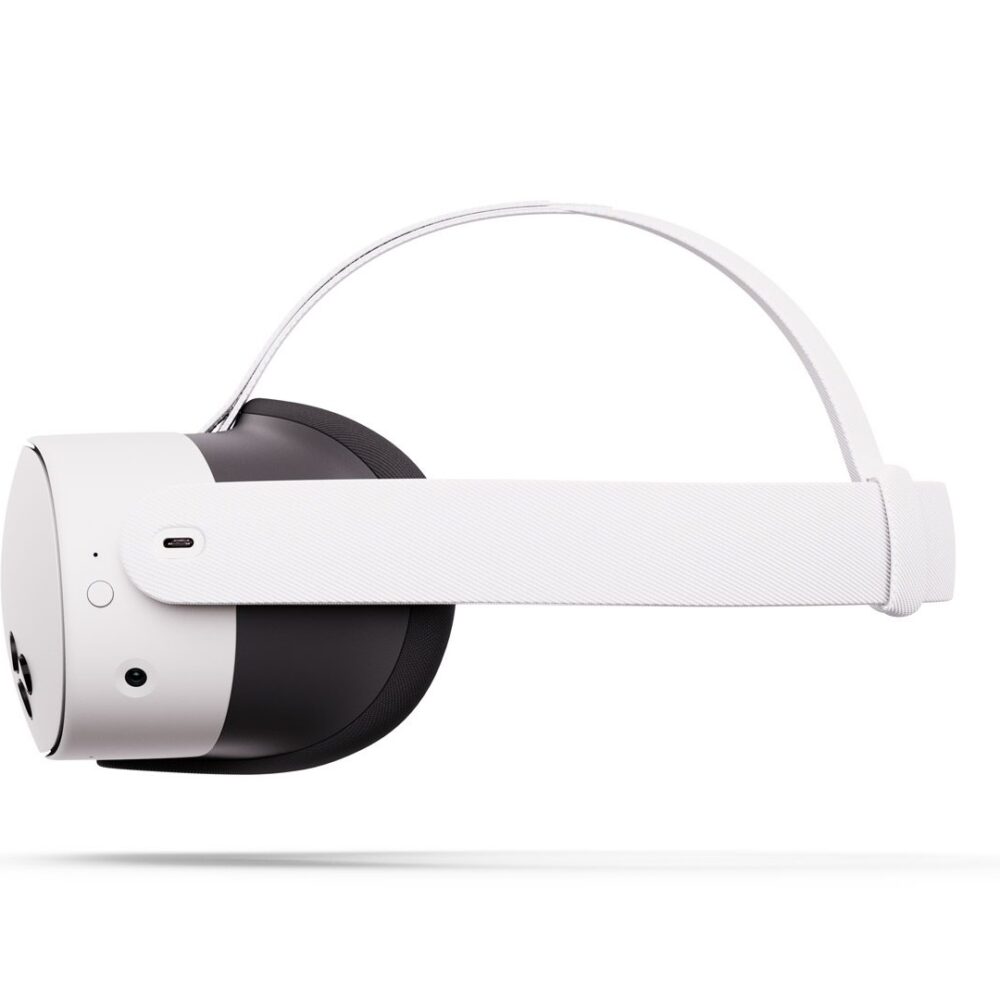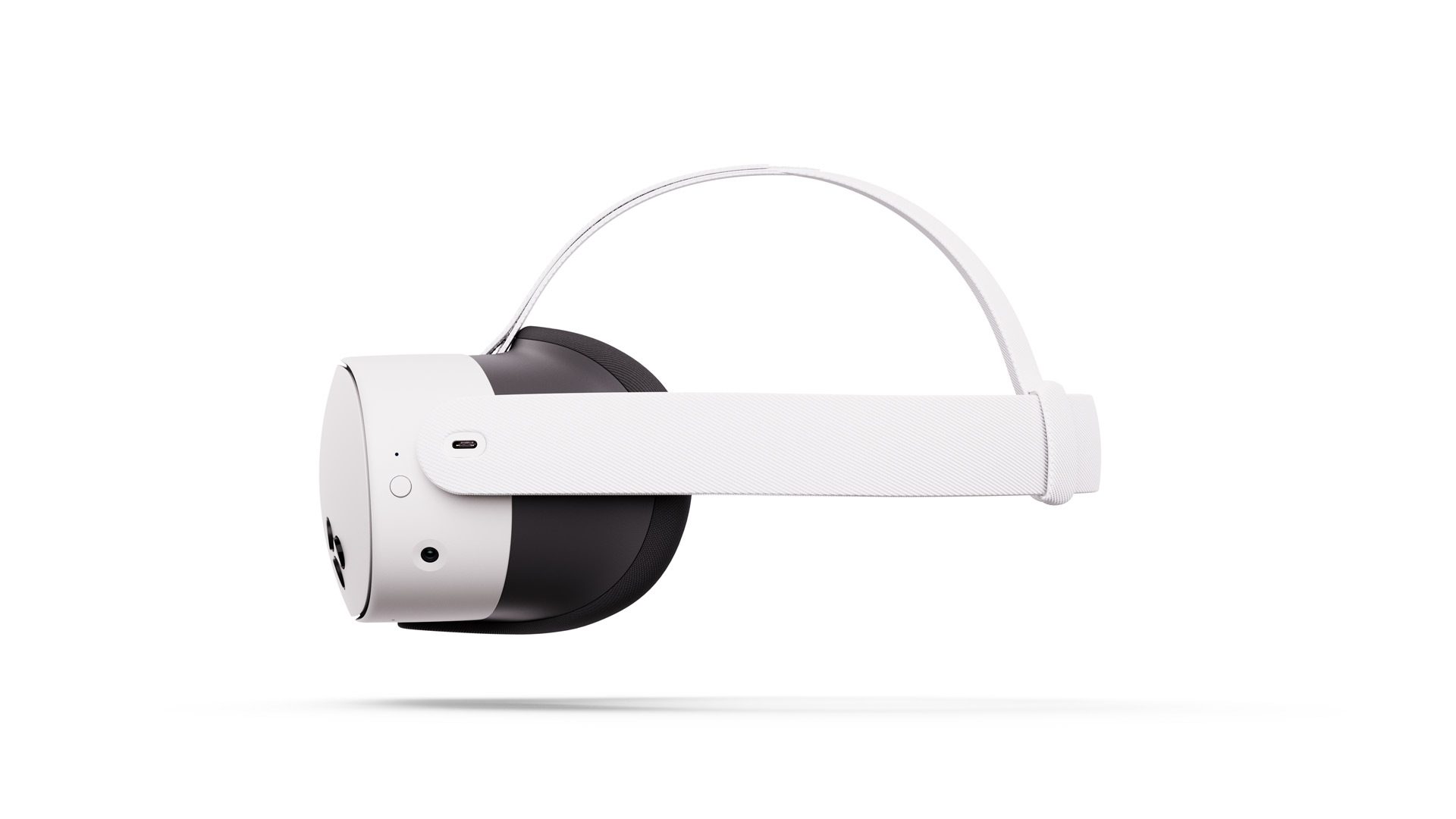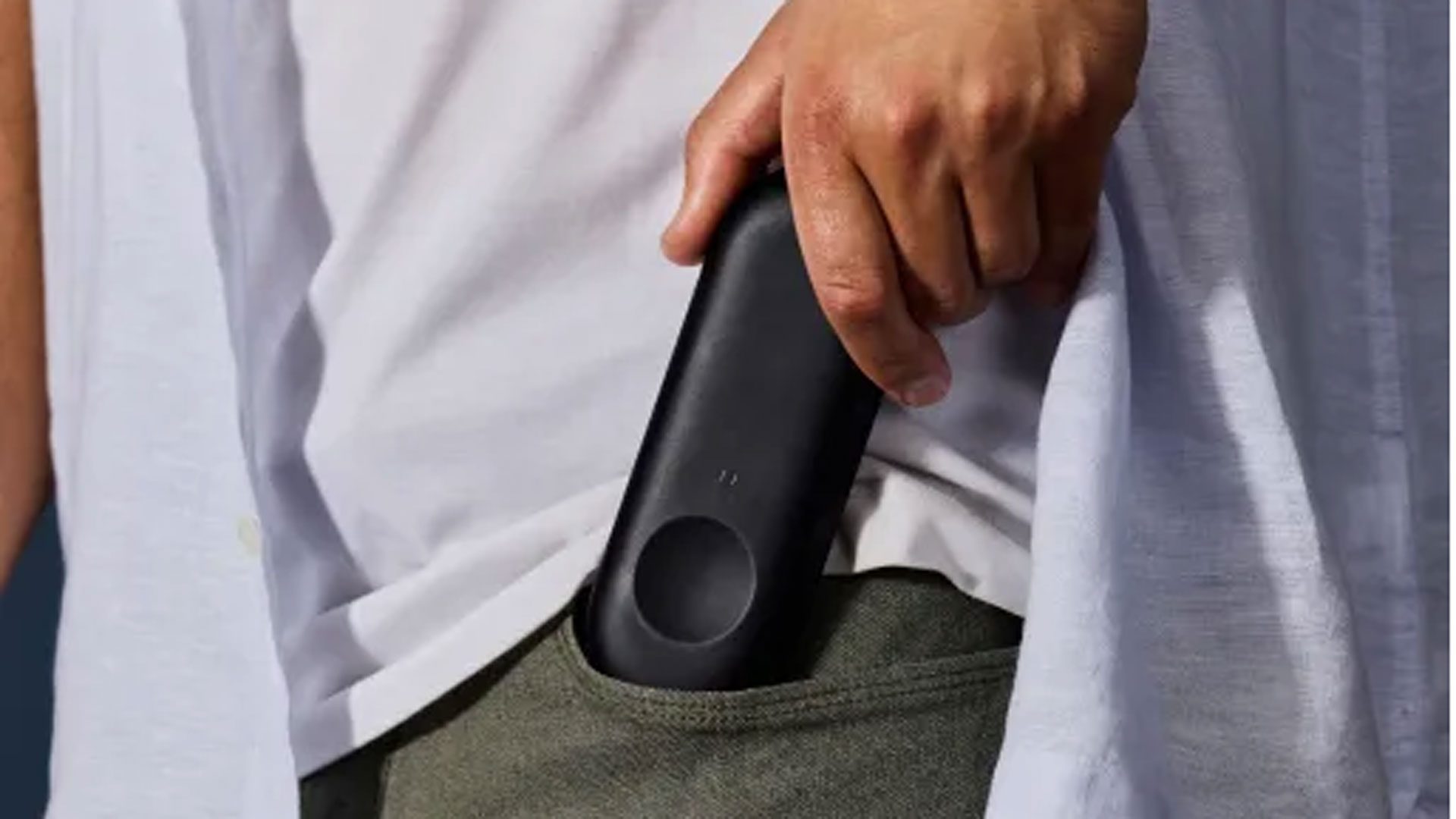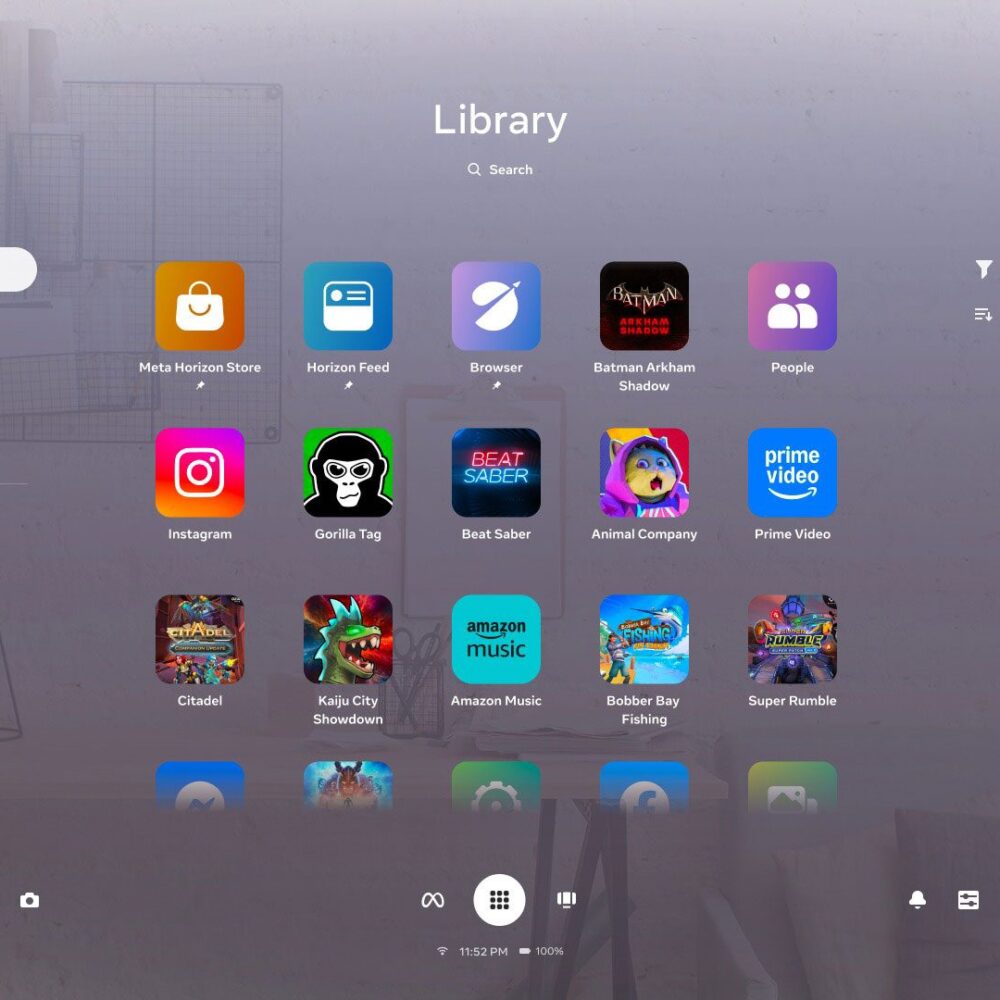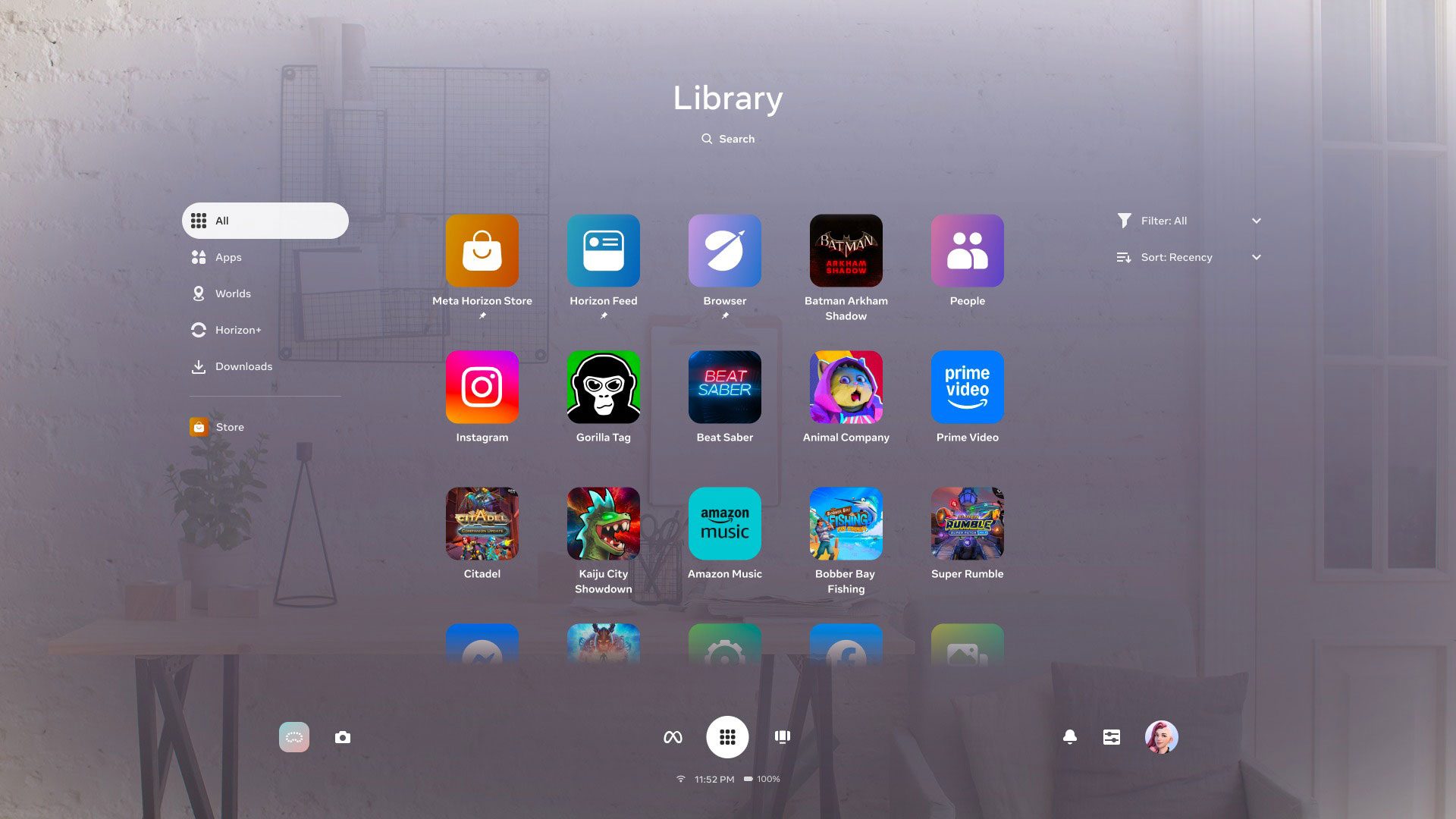During Meta Connect this week, the company released an exclusive 3D trailer of James Cameron’s upcoming film Avatar: Fire and Ash. There’s no confirmation yet that we’re getting the full thing, although Cameron is enthusiastic about Quest’s ability to open up new distribution models.
The short trailer is now available on Meta Horizon TV until September 21st, which the company says is “just the beginning of how fans can experience Pandora like never before on Quest, following the film’s theatrical release this December.”
The Avatar 3 clip comes amid a wider partnership with Lightstorm Vision, Cameron’s 3D film studio, which Meta tapped in late 2024 to produce spatial content across multiple genres, including live events and full-length entertainment.
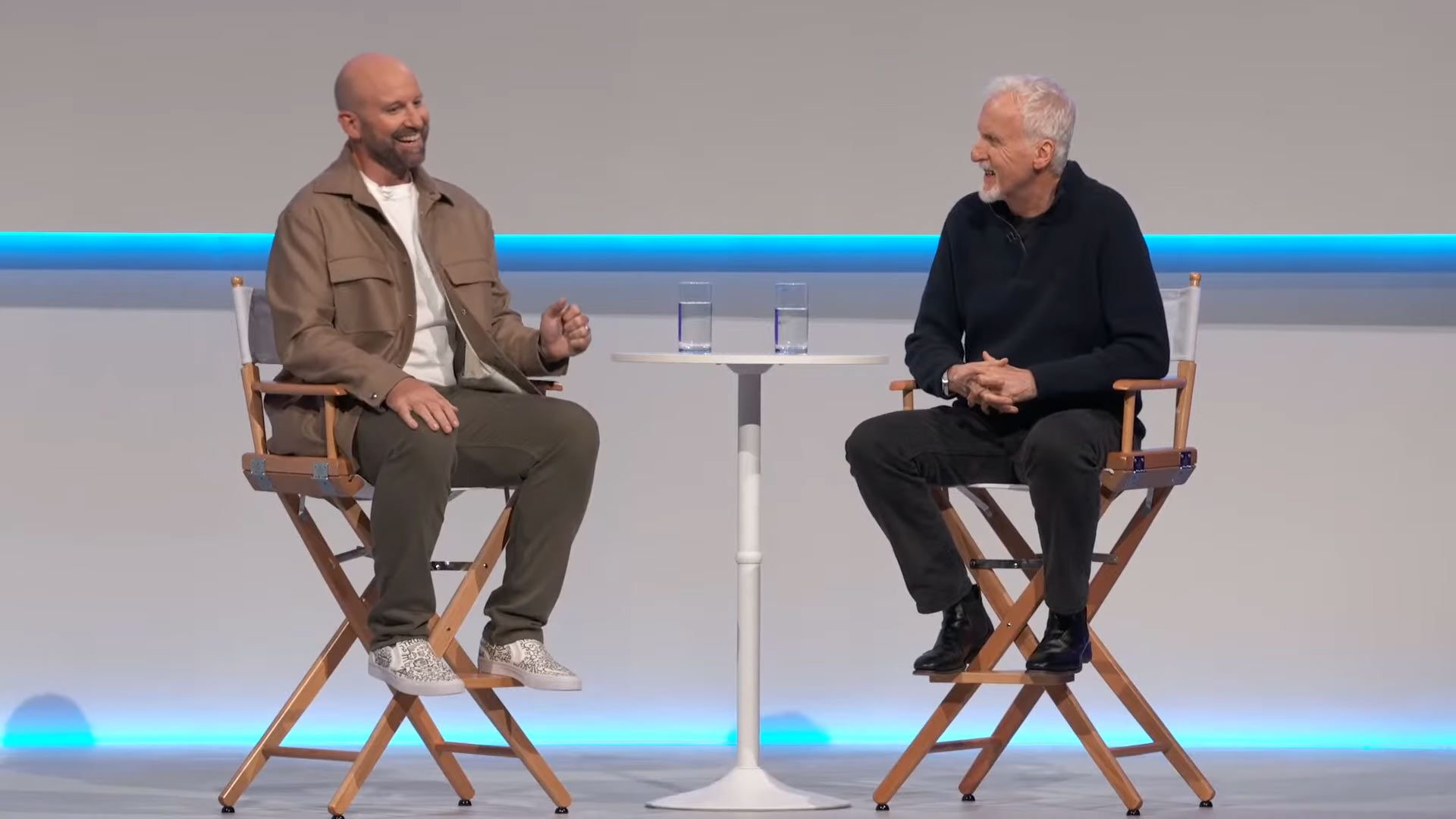
Talking to Meta CTO Andrew Bosworth on stage at Connect, Cameron says he sees a new distribution model on the horizon that could bring “theater-grade 3D” to VR headsets.
“I just see a future, which I think can be enabled by the new devices that [Meta has], the Quest series, and then some of new stuff that’s hopefully coming down the line,” Cameron says. “I think that we’re looking at a future that’s a whole new distribution model, where we can have theater-grade 3D basically on your head.”
To Cameron, VR headsets like Quest 3 actually outperform traditional movie theaters in a number of ways.
“It’s interesting, I’ve been fighting so hard with movie theaters to get the brightness levels up, to install laser projection, but they’re caught in an earlier paradigm. No business can survive being stuck in technology [that’s] 15 years old.”
And, in comparison to traditional theater projection, Quest 3 is “an order of magnitude brighter,” Cameron says.
“The brightness gives you the dynamic range, it gives you the color space as it was meant to be. And that’s so much more engaging. The work that [Meta] has done in the Quest series to expand the field the view, brightness and spatial resolution. To me, it’s like being in my own private movie theater.”
Cameron especially admires VR’s immersive ability to create a greater connection with audiences, which he envision as a “stereo ubiquity future” coming to all forms of entertainment—not just big budget films, but everything from short-form content to sports and even news.
“You mostly look at flat displays: phones, laptops, wall panels, all that sort of thing. This is going to be, I think, a new age. Because we experience the world in 3D, our brains are wired for it, our visual-neural biology is wired for it, and we’ve been able to prove that there’s more emotional engagement, there’s more sense of presence.”
Provided Meta is indeed bringing the full-fat version of Avatar: Fire and Ash to Quest, we’d expect it sometime after the film’s theatrical debut on December 19th, aligning with its wider release on streaming platforms later down the line.
You can see the full conversation below, time stamped as Cameron and Bosworth take the stage:
